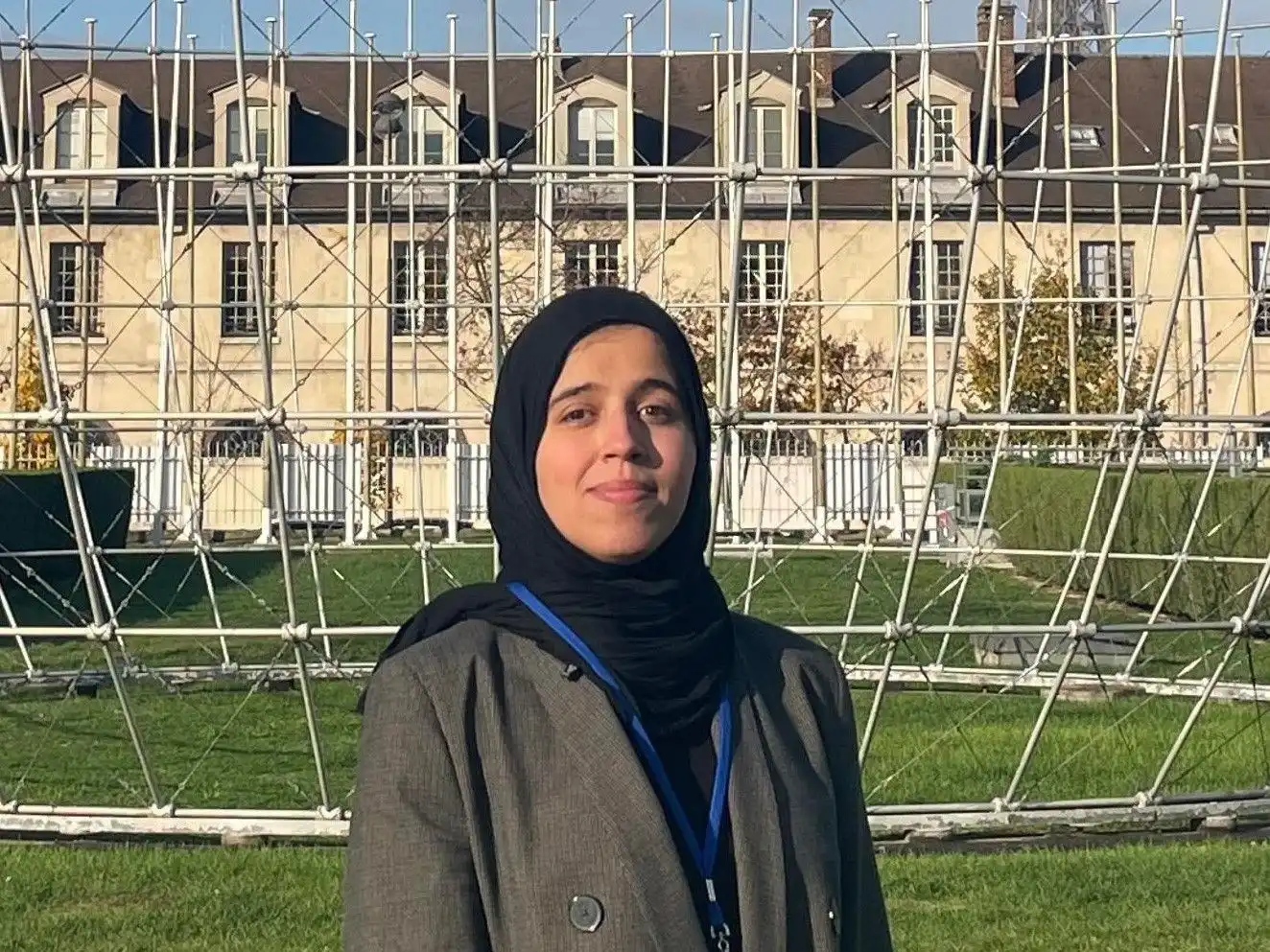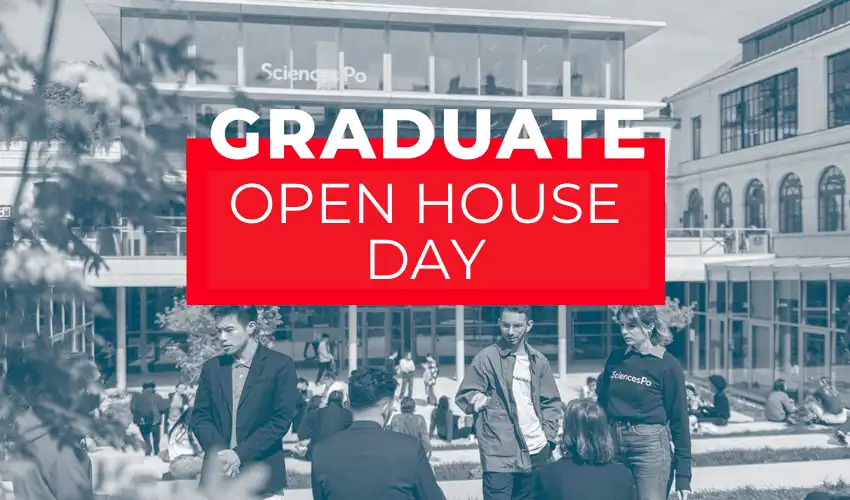Home>Malak, independant consultant with a focus on water-food nexus policy analysis
08.02.2024
Malak, independant consultant with a focus on water-food nexus policy analysis

Coming from Libya, Malak Altaeb has graduated in Environmental Policy. Malak is an independent freelance consultant (auto-entrepreneur) and has been based in Paris, France, for the past five years.
What are your main responsibilities?
In my role, my main responsibilities include conducting research and analysis on environmental and political affairs in the MENA region. I specialize in the water-food nexus policy analysis with a focus on Libya, Tunisia, and Egypt. I collaborate with various stakeholders, including think tanks, research institutions, universities, civil society, NGOs, and the private sector, to provide insights and recommendations on addressing environmental challenges. I also engage in public speaking engagements and contribute to policy papers, reports, and publications. I am a nonresident scholar at the Middle East Institute in the Climate and Water Program, and I am also an ecological security fellow with the Centre for Climate Security. I worked with numerous clients, including the American University of Cairo, Bazaar Foundation, Middle East Institute, Tahrir Institute for Middle East Policy (TIMEP), Minority Rights Group International, IREX, and many others.
How did you prepare for this job?
To prepare for this role, I leveraged my academic background at Sciences Po, which provided me with a strong foundation in environmental policy analysis and research. I networked with professionals in the field and tapped into the resources available at PSIA, including faculty guidance and alumni connections. The workshops I took at Sciences Po, whether related to CV writing or building a LinkedIn profile, all helped me greatly in making progress and developing even as an independent consultant.
What is the most fascinating part of your job?
The most fascinating part of my job is the opportunity to contribute to addressing critical environmental issues in the MENA region and be able to connect and work with different entities and meet people from different backgrounds. I find it rewarding to apply my knowledge and skills to inform policy decisions that can have a positive impact on the environment and society.
How did your PSIA experience contribute to the position you hold today?
My experience at PSIA has been instrumental in my current position. The program equipped me with analytical skills, policy insights, and a deep understanding of environmental governance, which are essential in my consultancy work. The third semester, where I was in the process of conducting my thesis research focus on hydropolitics in Libya, allowed me to specialize in my area of interest and gain hands-on experience, making me well-prepared for the challenges and responsibilities of my current role. Courses like "International Relations in the Middle East", “Producing and communicating information: working on research, writing and presentation skills”, ''Environment, Conflict, and Human Security,'' and ''Desalination: Addressing the Problem of water scarcity in the Middle East" were particularly relevant in preparing me for this position.
What advice would you give to current students?
I would advise current students to make the best of their experience at Sciences Po and make sure to check the available workshops, they are truly helpful. Also, to ensure that they tailor their courses to match what they envision for their career, which can help them somehow direct the path of the field they want to take. PSIA gave me the opportunity to have a practical experience, attend panels, events, and connect with great minds and make memories. Make the best of your time at Sciences Po and enjoy the experience and the opportunity.
Virtual Graduate Open House day, October 2025

On 18 October 2025: meet faculty members, students and representatives and learn more about our 30 Master's programmes.